Half body CPR training manikin(Sim....
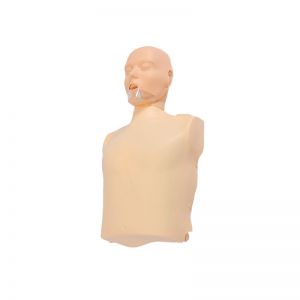
BIX/CPR100A
Advanced fully automatic electroni....
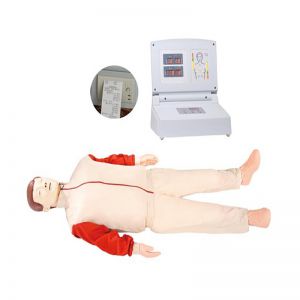
BIX/CPR480
Advanced computer half body CPR ma....
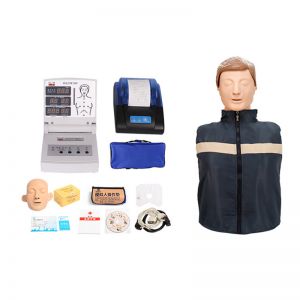
BIX/CPR260
Advanced infant head for trachea i....
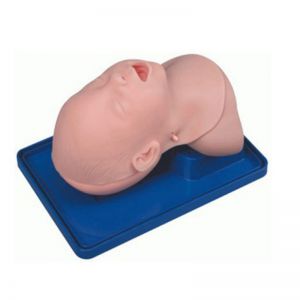
BIX-J3A
Neonate Head for trachea Intubatio....
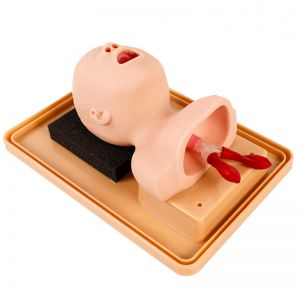
BIX-J2A
Created on:2025-02-11 | bomn
Article tag: Infant Care Model BIX-H140 Medical Care Model
Infant care model is outstanding in helping medical staff master basic nursing skills, but it still faces certain challenges to fully meet the needs of precision medicine. With the rise of personalized medicine and precision care, future infant care models ...
Infant care model, as an important tool in medical education and clinical practice, has attracted more and more attention in the context of precision medicine in recent years. Precision medicine emphasizes tailored treatment and care for each patient based on individual characteristics such as genetics, environment, and lifestyle. Whether infant care models can meet this need is worth exploring from the perspective of general readers, industry experts, and data support.
General reader perspective
For the general reader, the infant care model is mainly used to help healthcare professionals better understand and master the basic skills of infant care. By simulating the physiological structure and reactions of the baby, the caregiver can train the operation without risk, ensuring that more professional care can be provided to the baby. Although the model can help healthcare professionals master basic skills, to meet the needs of precision medicine, the model itself needs to be continuously upgraded to simulate more complex clinical situations, such as individual differences, specific disease manifestations, and so on.
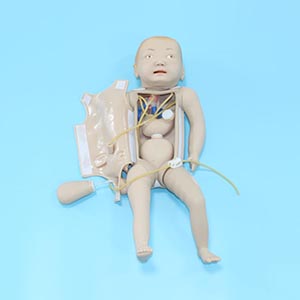
Industry expert perspective
Industry experts point out that baby care models are playing an increasingly important role in precision medicine. With the promotion of personalized treatment, medical care is no longer a "one-size-fits-all" model, especially in newborn and infant care, and precision care for individual differences has become particularly important. Experts believe that although the existing infant care model is excellent in simulating basic care technology, it needs to be further improved in order to fully meet the needs of precision medicine. For example, the model can adjust the details of the care process according to the physiological characteristics of different babies, disease status and other factors. In addition, experts also mentioned that with the development of science and technology, future baby care models may combine artificial intelligence and big data technology to provide more personalized and precise simulation training.
Professional perspective
From a professional point of view, the role of the infant care model is to help the health care worker build basic skills and improve clinical judgment. Under the framework of precision medicine, care is not only about performing standardized operations, but also tailored care according to the specific conditions of the baby. Existing infant care models can provide a solid training platform for basic skills, but to meet the needs of precision medicine, models need to be able to simulate individual differences in infants in more detail, such as weight, genetic characteristics, immune status and other factors. These characteristics may affect the choice of care plan in actual care, so the further development of the model will pay more attention to the simulation of personalized care.
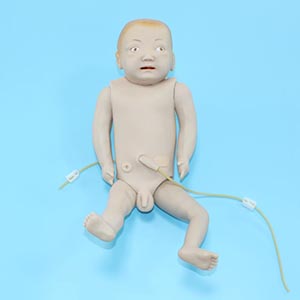
Data support
Research data show that nursing staff trained using the high simulation nursing model have significantly improved their nursing skills and decision-making ability. One data analysis showed that caregivers trained with refined models had a 30 percent increased success rate when dealing with infants with specific conditions. However, the personalized simulation of existing models still needs to be improved. According to a survey, about 60% of medical professionals believe that existing models cannot fully simulate the physiological differences and disease characteristics of infants, so more attention needs to be paid to the application of precision medicine in infant care.
Summary
Infant care model is outstanding in helping medical staff master basic nursing skills, but it still faces certain challenges to fully meet the needs of precision medicine. With the rise of personalized medicine and precision care, future infant care models are expected to incorporate more individualized elements and improve their application value in real clinical practice.